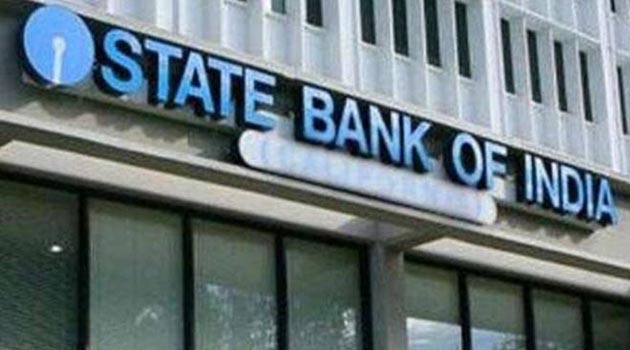Unions and banks agree to a 17% pay hike.
A 17% pay increase for all public sector banks, or Rs 12,449 crore, has been agreed to by the Indian Banks’ Association and unions. This decision will benefit about nine lakh employees, including 3.8 lakh officers.
With effect from November 2022, the five-year salary revision will entitle employees to arrears for the preceding 12 months. Although the pay slip expenses package for 2021–22 will apply to all public sector banks, including SBI, numerous older private players will also see salary adjustments based on the updated plan.
In accordance with the Negotiable Instruments Act, the IBA has also requested that the government proclaim every Saturday a bank holiday. This request was submitted to the Centre by the banking lobby organisation several months ago.
The dearness allowance of 8,088 points (the average index point for the quarters of July, August, and September 2021) will be combined with the base pay as of October 31, 2022, and a 3% loading, or Rs 1,795 crore, would be added. This will result in the construction of the new pay scales.
Using the breakdown of establishment expenses for FY22, the IBA will determine how to distribute the yearly salary rise amongst workers and officers in a distinct and proportionate manner.
In addition, as a one-time measure, the agreement gives retirees and family pensioners who were receiving pension as of October 31, 2022, a monthly ex-gratia payment in addition to their PSB pension. It has not yet been decided whether the aforementioned ex-gratia will apply to retirees of the present settlement period.
Within 180 days, a final, comprehensive bipartite settlement or joint note regarding the wage revision shall be reached. Signed after the industry’s collective bargaining system began in 1966, the Memorandum of Understanding (MoU) is the 12th bipartite wage hike settlement between the bank’s association, the unions, and the officers’ organisation.
“The management and the unions/ associations representing the workmen, staff and officers mutually acknowledge the necessity for a robust banking system adaptive to the challenges facing the banking industry. There is a shared commitment to further improve productivity, efficiency, and responsiveness to the needs of customers and various stakeholders,” the Memorandum of Understanding stated.



